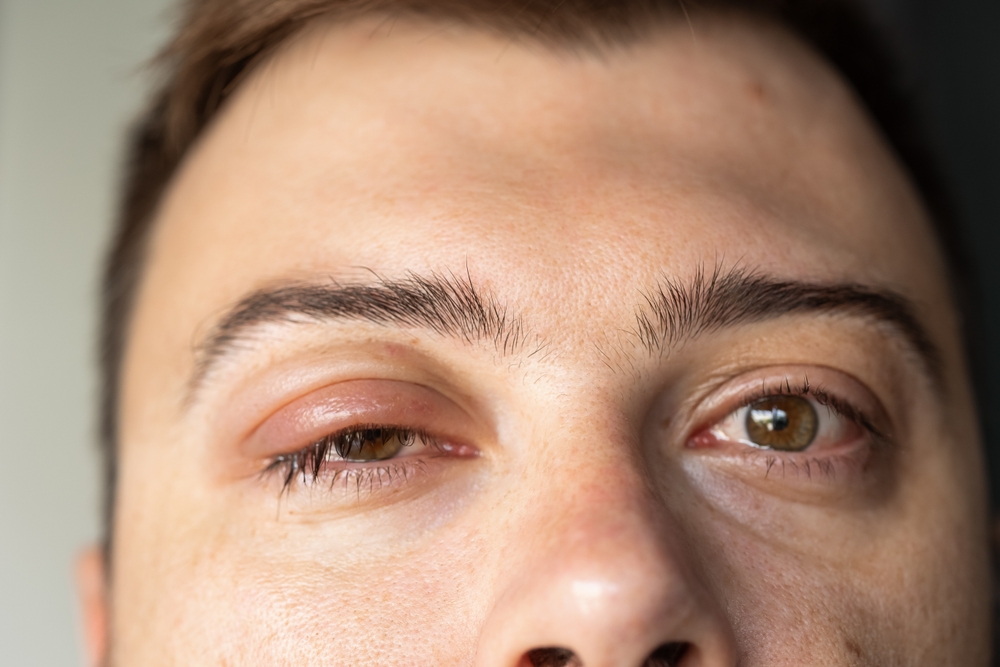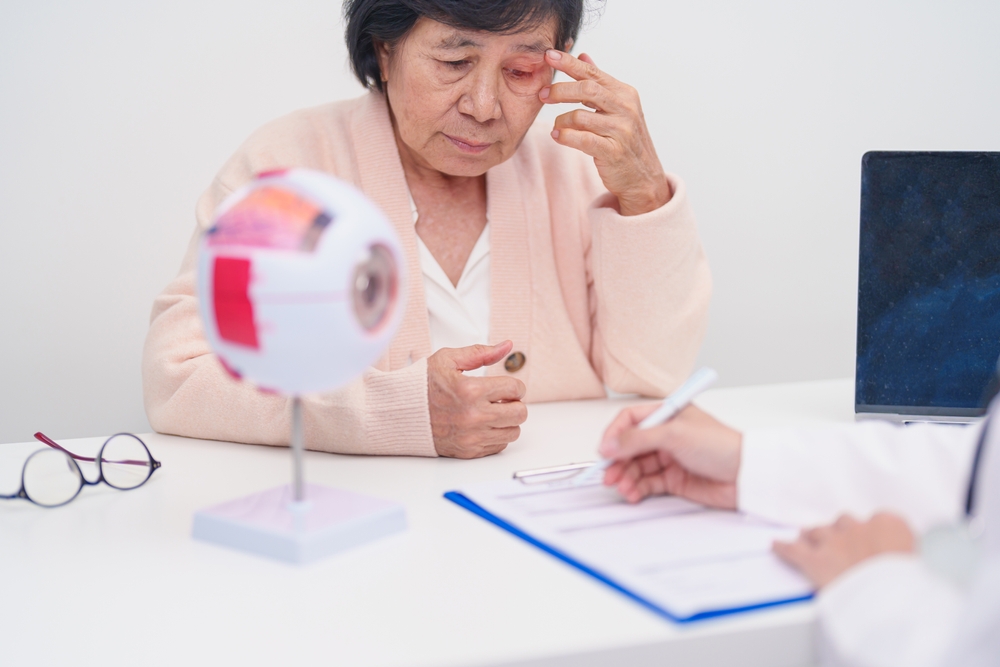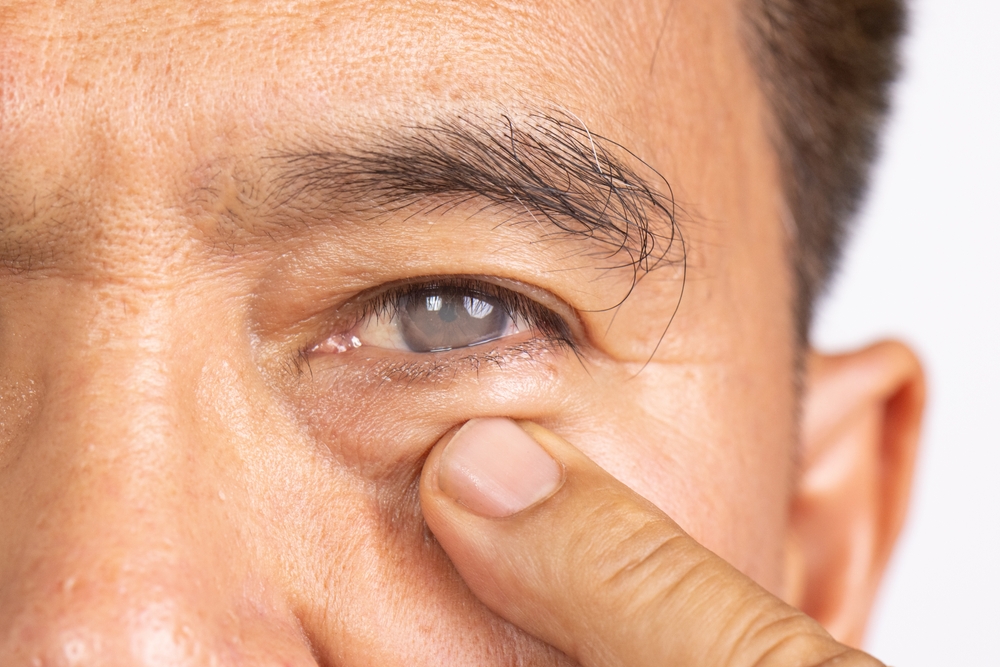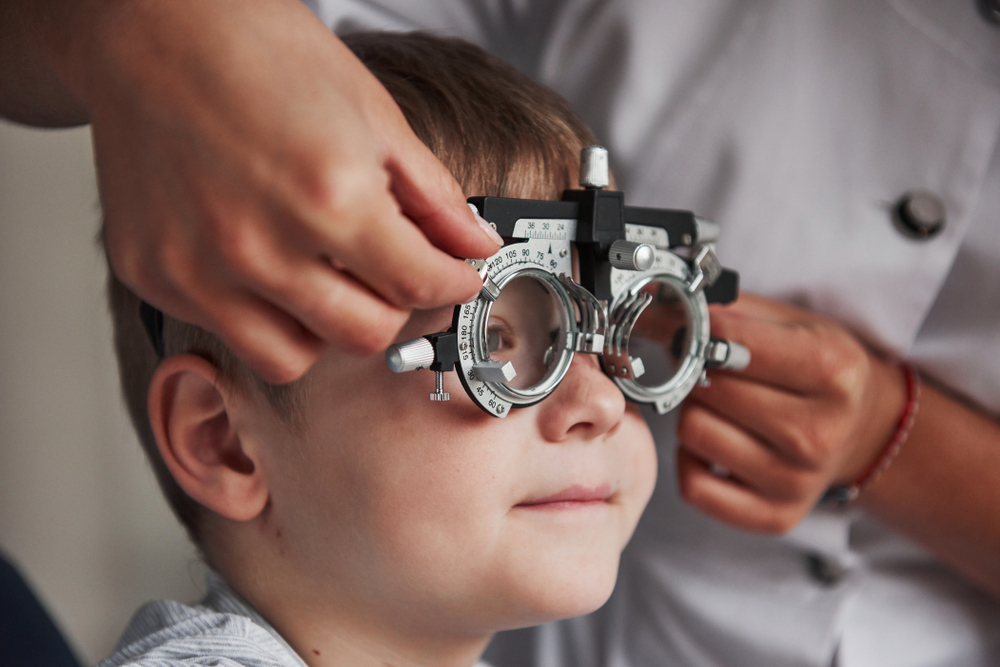Learn more about optometrist care in our blog!

In today’s digital world, many people experience tired, dry, or strained eyes - especially those who spend long hours on computers, tablets, or phones. For individuals with nearsightedness or mild astigmatism, traditional glasses or contact lenses can sometimes add to daily discomfort. Orthokeratology, commonly known as Ortho-K, offers a unique solution that not only corrects vision but can also improve comfort and reduce eye strain throughout the day.

Dry eye symptoms like burning, irritation, and fluctuating vision can make even simple daily activities uncomfortable. For many people, these symptoms are caused by meibomian gland dysfunction (MGD), a condition that affects the quality of your tears. LipiFlow® is an advanced in-office treatment designed to address MGD at its source - but one of the most common questions patients ask is how quickly they will feel relief after treatment.

If you’ve been struggling with gritty, burning, irritated eyes, you’re not alone - dry eye disease affects millions of people across the country. Thankfully, advances in technology mean you no longer have to rely solely on lubricating drops for relief. At Central DuPage Vision Center, we offer advanced dry eye treatments in Winfield, IL, including LipiFlow and NuLids, to address the root causes of your symptoms. Understanding how these benefits work can help you maximize your coverage - especially as the end of the year approaches.

If you’ve been struggling with gritty, burning, irritated eyes, you’re not alone - dry eye disease affects millions of people across the country. Thankfully, advances in technology mean you no longer have to rely solely on lubricating drops for relief. At Central DuPage Vision Center, we offer advanced dry eye treatments in Winfield, IL, including LipiFlow and NuLids, to address the root causes of your symptoms. Understanding how these benefits work can help you maximize your coverage - especially as the end of the year approaches.

For those who experience light sensitivity or migraines, finding relief that fits seamlessly into daily life can be a challenge. That’s where Avulux lenses come in. These advanced lenses are specifically designed to help manage light sensitivity and reduce migraine-related discomfort - without compromising your vision or style.

Cataracts are a common condition that can cause cloudy or blurry vision, making everyday tasks more difficult. At Central DuPage Vision Center, we’re here to guide our patients every step of the way through the cataract surgery process. With our cataract surgery co-management approach, you can feel confident knowing your care is personalized, seamless, and supported from start to finish.

As summer winds down and the school supply aisles fill with notebooks, backpacks, and sharpened pencils, it’s easy to focus on stocking up for the academic year ahead. But there’s one essential item that often gets overlooked on the back-to-school checklist: a comprehensive eye exam. At Central DuPage Vision Center, we believe that setting students up for success starts with healthy eyes.

If you’ve been struggling with chronic dry eye symptoms that don’t seem to improve with traditional treatments, you may be experiencing a condition known as Meibomian Gland Dysfunction (MGD). At Central DuPage Vision Center, we offer advanced solutions like LipiFlow® to help you find lasting relief.

Glaucoma is one of the leading causes of irreversible vision loss, yet it often develops without any warning signs. Many people do not realize they have it until their vision has already been compromised.

As more children spend time on digital screens and indoors, myopia is becoming increasingly common. Left untreated, myopia can progress rapidly and increase the risk of serious eye conditions later in life. At Central DuPage Vision Center, we are proud to offer a proactive solution: MiSight 1 Day contact lenses. These FDA approved lenses are specifically designed to slow the progression of myopia in children while providing clear vision and comfort throughout the day.